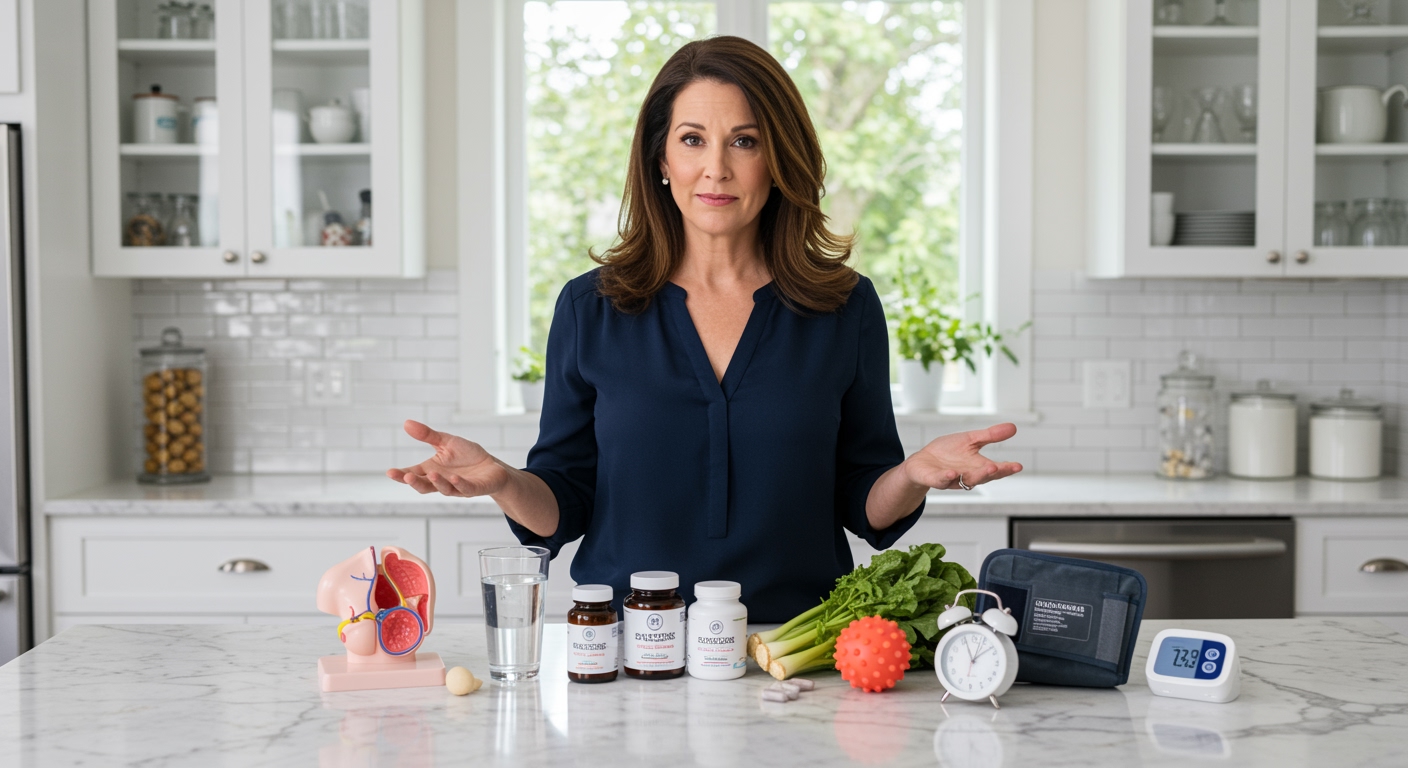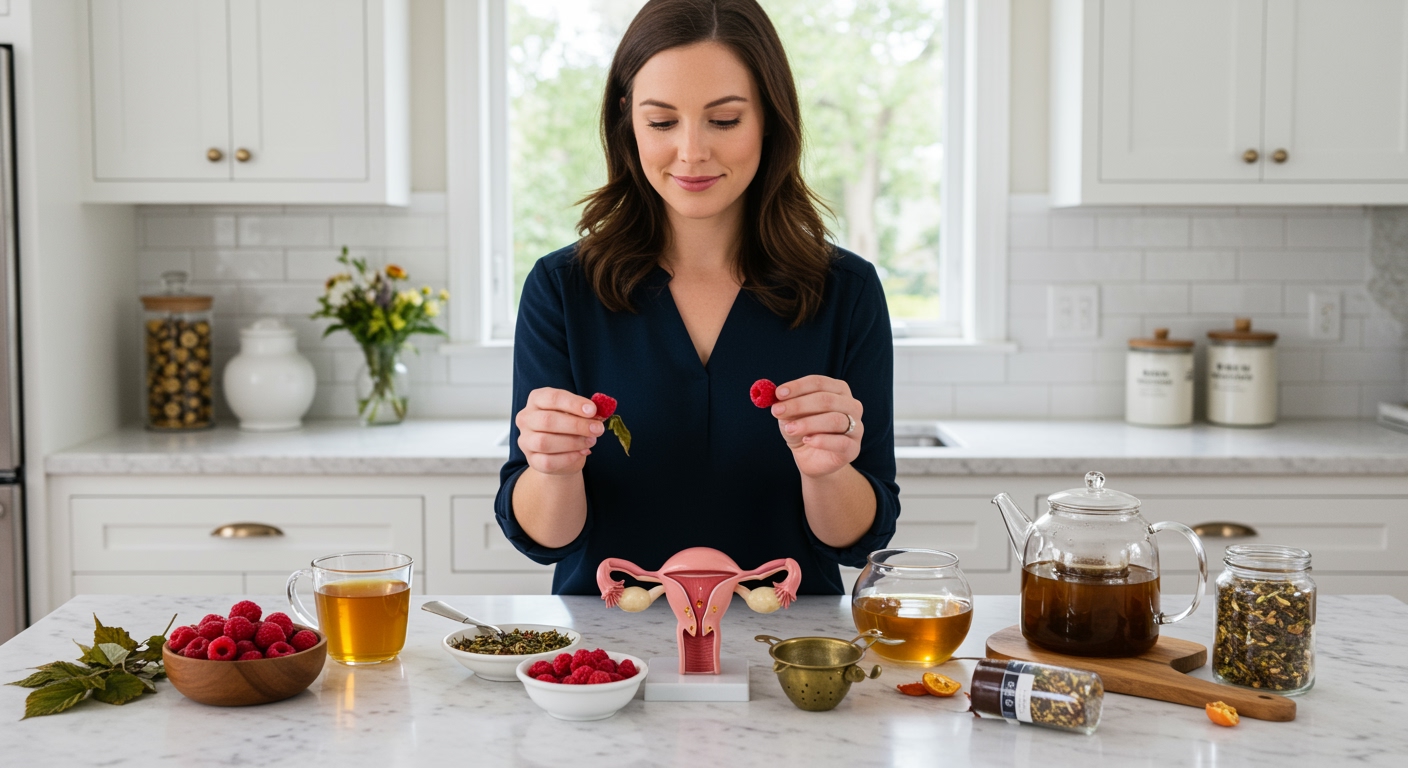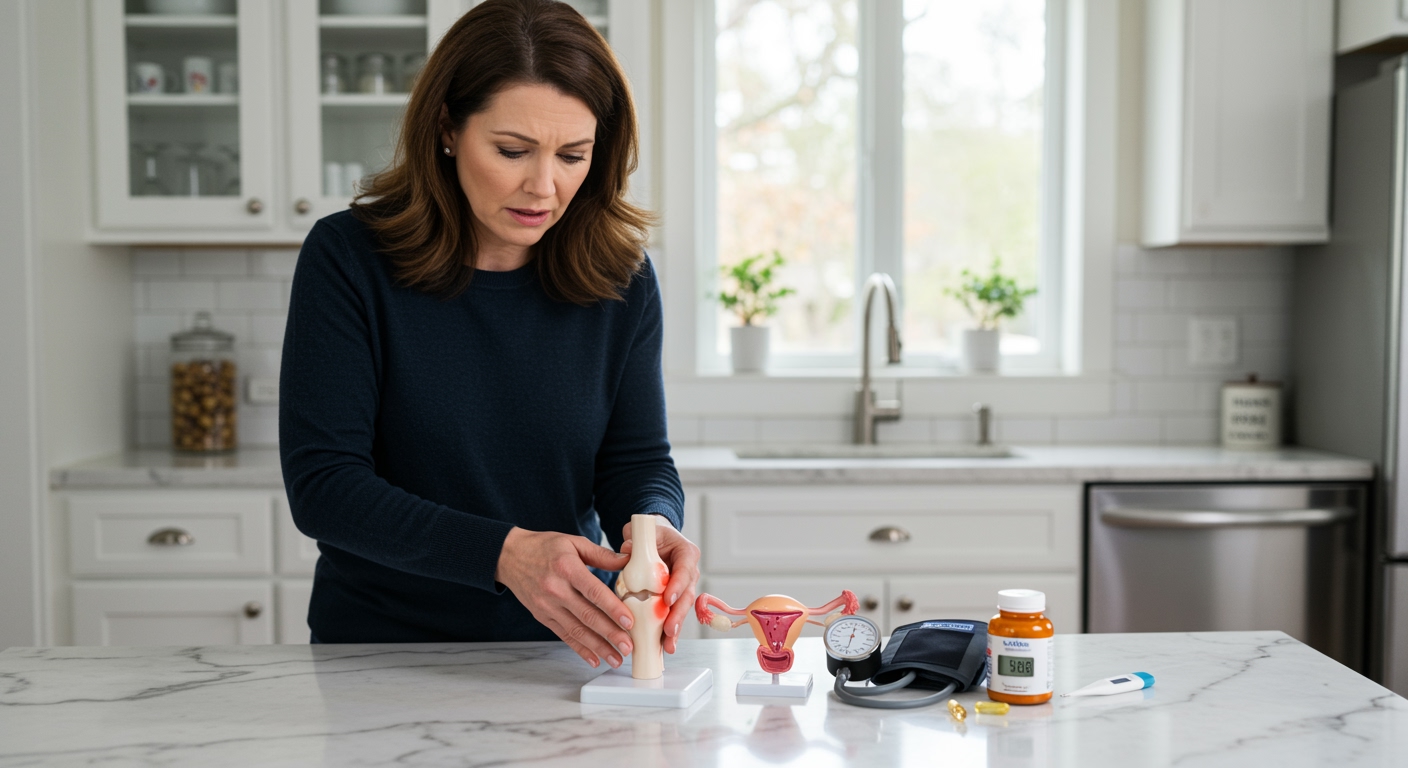✪ Key Takeaway: Most PCOS women don’t need adrenal support supplements unless they have confirmed adrenal PCOS or chronic stress symptoms.
Introduction
You walk into any health store today and see dozens of adrenal support supplements promising to fix your PCOS symptoms.
Many women with PCOS wonder if these supplements could be the missing piece in their treatment puzzle, especially when dealing with fatigue and stress.
Hi, I’m Abdur, your nutrition coach and today I’m going to explain whether PCOS patients should take adrenal support and help you make an informed decision.
What Is Adrenal PCOS and How Common Is It?
Adrenal PCOS affects only about 10% of women with PCOS, making it the least common type.
This condition occurs when your adrenal glands produce too much DHEA-S, a hormone that can mimic testosterone effects.
Unlike insulin-resistant PCOS, adrenal PCOS is triggered by chronic stress rather than blood sugar problems.
Your adrenal glands sit on top of your kidneys and release stress hormones like cortisol and DHEA-S when you feel threatened.
When stress becomes chronic, these glands can become overactive and produce excessive amounts of androgens.
Most women with PCOS actually have insulin-resistant PCOS, not the adrenal type, which is why blanket adrenal support often fails.
✪ Fact: Only 10% of PCOS cases are truly adrenal-driven, yet adrenal support supplements are marketed to all PCOS women.
How Do You Know If You Have Adrenal PCOS?
The most reliable way to diagnose adrenal PCOS is through blood testing that measures your DHEA-S levels.
Normal DHEA-S levels range from 35-430 mcg/dL, and levels above this range suggest adrenal involvement.
You should also look for specific symptoms like severe fatigue, difficulty handling stress, and salt cravings.
Women with adrenal PCOS often experience their symptoms worsening during periods of high emotional stress.
Unlike insulin-resistant PCOS, adrenal PCOS symptoms may not improve much with dietary changes alone.
Your doctor should also rule out other adrenal disorders like Cushing syndrome before confirming adrenal PCOS diagnosis.
✪ Pro Tip: Get your DHEA-S levels tested before spending money on adrenal support supplements.
What Ingredients Actually Work in Adrenal Support?
Ashwagandha is one of the most researched herbs for adrenal support, with studies showing it can reduce cortisol levels by up to 30%.
This adaptogenic herb helps your body manage stress more effectively by supporting healthy cortisol patterns.
Rhodiola rosea is another proven adaptogen that can improve energy levels and reduce fatigue in stressed individuals.
Vitamin C and B-complex vitamins are essential for adrenal function because these glands use them rapidly during stress responses.
Magnesium plays a crucial role in calming the nervous system and supporting healthy sleep patterns.
However, many adrenal support supplements contain proprietary blends with unknown doses, making it impossible to know if you’re getting effective amounts.
✪ Note: Look for supplements with clearly labeled ingredient amounts rather than proprietary blends.
When Should You Avoid Adrenal Support Supplements?
If your DHEA-S levels are normal, taking adrenal support supplements is likely a waste of money and could potentially cause side effects.
Some adaptogenic herbs can interact with medications, especially those for blood pressure and diabetes.
Women with autoimmune conditions should be cautious with immune-stimulating herbs often found in adrenal formulas.
If you have insulin-resistant PCOS, your energy should focus on managing blood sugar through diet and exercise rather than adrenal support.
Pregnant and breastfeeding women should avoid most adrenal support supplements due to limited safety data.
Always consult with a healthcare provider before starting any new supplement, especially if you take prescription medications.
✪ Pro Tip: Address the root cause of your PCOS type before adding supplements to your routine.
What Are Better Alternatives to Supplements?
Stress management techniques like meditation, yoga, and deep breathing can be more effective than supplements for many women.
Getting 7-9 hours of quality sleep each night supports natural cortisol rhythm better than any supplement.
Regular exercise, especially strength training, can improve stress resilience and hormone balance naturally.
Eating adequate protein and healthy fats supports adrenal function by providing necessary building blocks for hormone production.
Limiting caffeine and alcohol can prevent additional stress on already overworked adrenal glands.
Working with a therapist or counselor to address chronic stress sources often provides longer-lasting results than supplements alone.
The Bottom Line
Most women with PCOS don’t need adrenal support supplements because they don’t have adrenal PCOS.
Test first, supplement second – your wallet and health will thank you.
I’d love to hear about your experience with adrenal support or any questions you have about PCOS management in the comments below.
References
At NutritionCrown, we use quality and credible sources to ensure our content is accurate and trustworthy. Below are the sources referenced in writing this article:
- Dr. Brighten: Adrenal PCOS
- HealthMatch: Adrenal PCOS
- MyOvaCare: Adrenal PCOS What Is It Ways To Treat It
- PMC: PCOS and Adrenal Function





